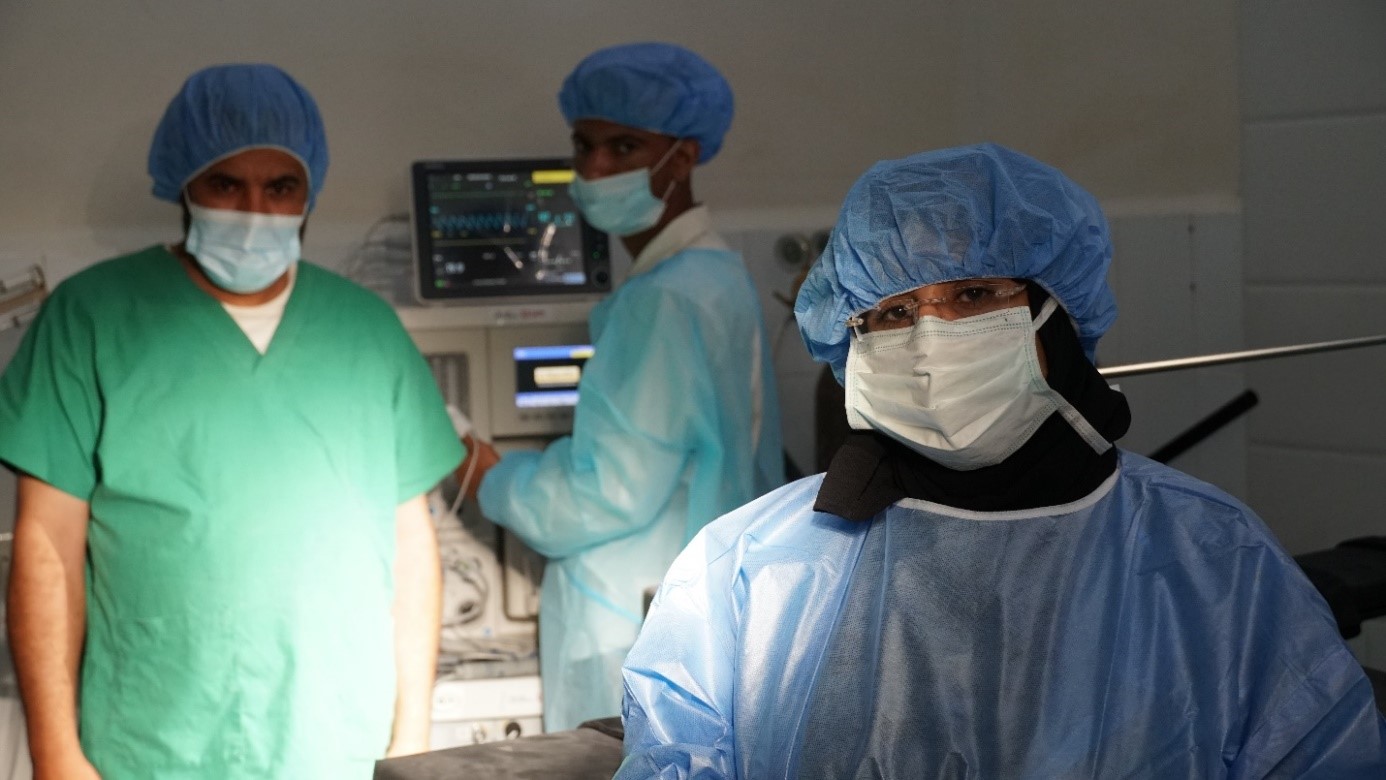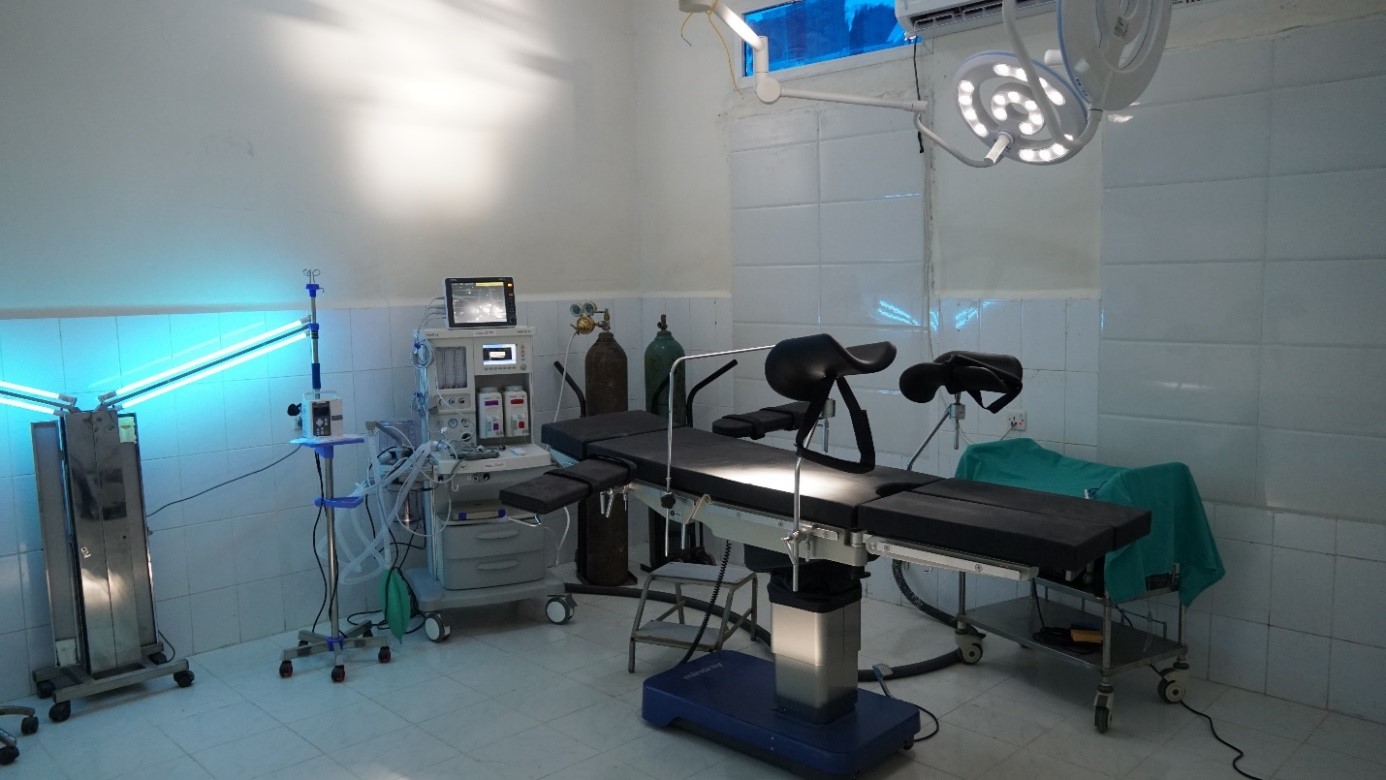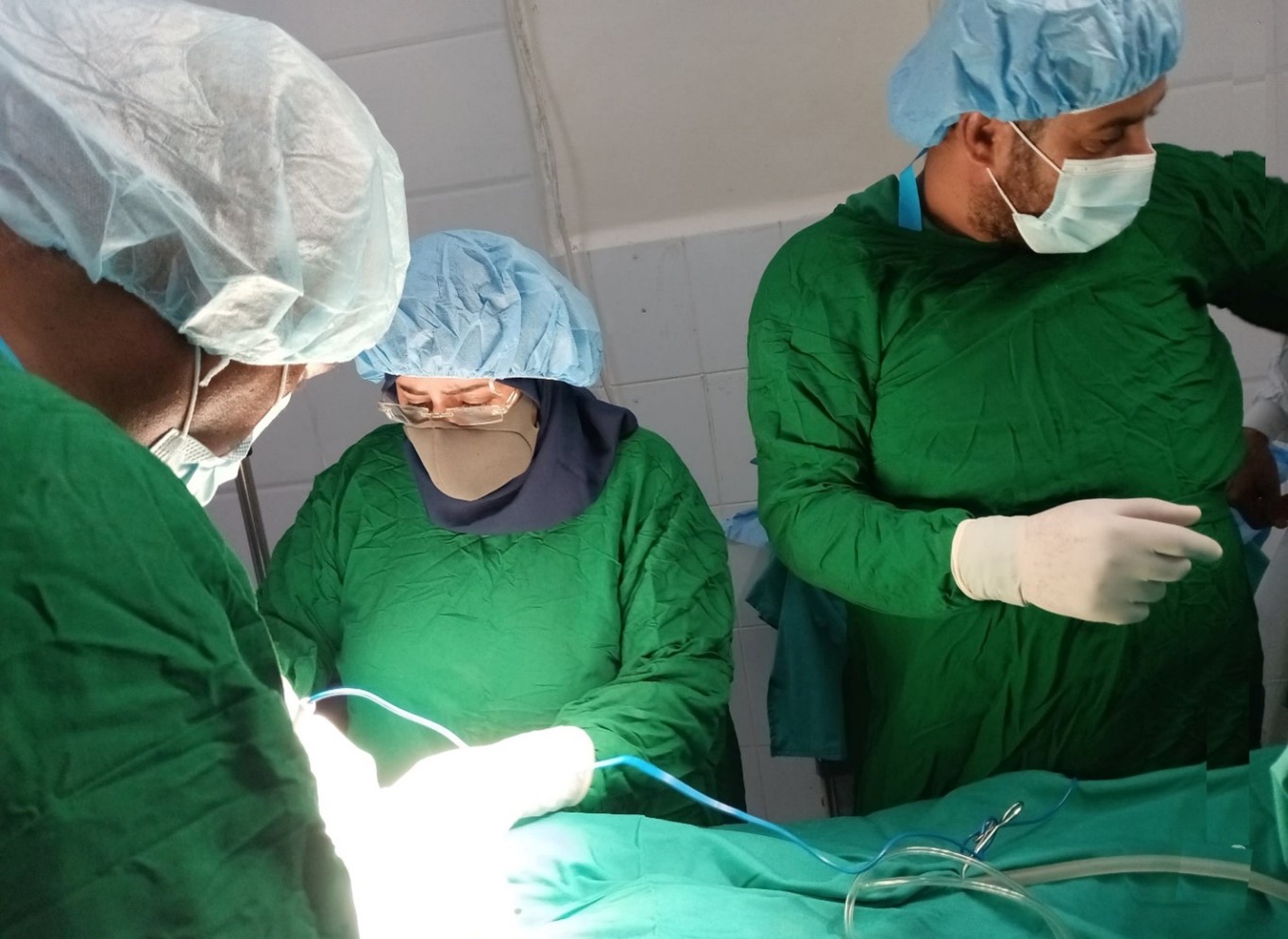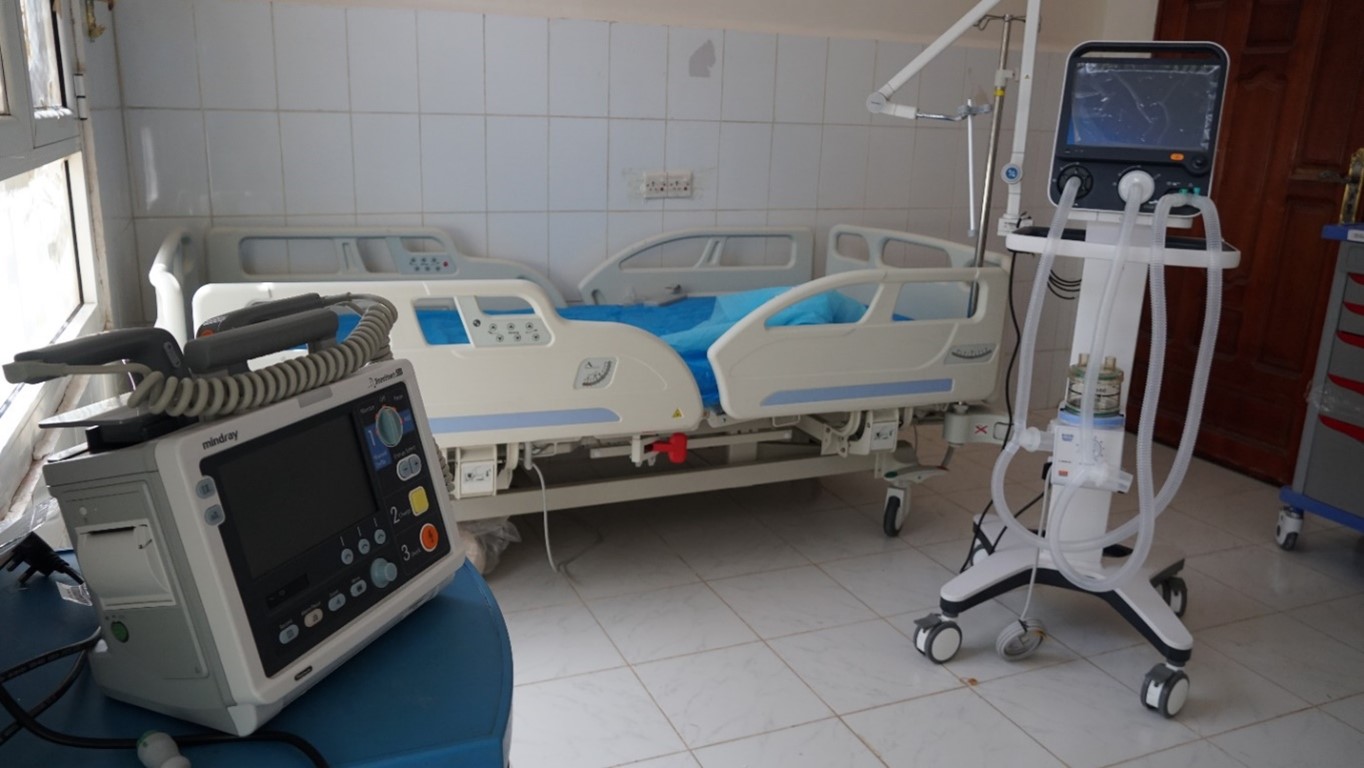For more than nine years, the conflict in Yemen has severely disrupted public services, further risking the well-being of Yemeni families. The impact has been particularly devastating for Yemeni women, especially pregnant mothers. Whether displaced, trapped in conflict zones, or desperately clinging to their homes, women’s access to reproductive health services has, too often, become a matter of life and death. Pregnant women giving birth in rural Yemen are increasingly at imminent risk of complications and death, mainly due to challenges in accessing appropriate services at health centers.
In 2024, an estimated 17.8 million people in Yemen need health-related assistance, including 3.2 million internally displaced people. A total of 24 per cent of those in need are women who need access to a range of medical and reproductive health services, including 4 per cent of pregnant women who require emergency obstetric care. Approximately 5.5 million women of reproductive age, including pregnant and lactating women, face challenges in accessing reproductive health services, particularly in rural and frontline areas. This is due to a shortage of specialist female doctors and nurses, a lack of essential medical supplies and limited access to services.
Residents of Al Dhale Governorate in southern Yemen face multiple humanitarian challenges, including malnutrition, disease, and lack of health care. Dr. Anhar Shaif, an obstetrician-gynecologist from Al Dhale Governorate, works at Qataba’s Emergency Obstetric and Newborn Care (EmONC) Center. Anhar speaks about a high number of “heartbreaking and complicated maternal cases with nowhere to turn.” The center lacked the most basic equipment for emergency obstetric care, often leaving her feeling “sad and worried about these pregnant women and their babies.”





